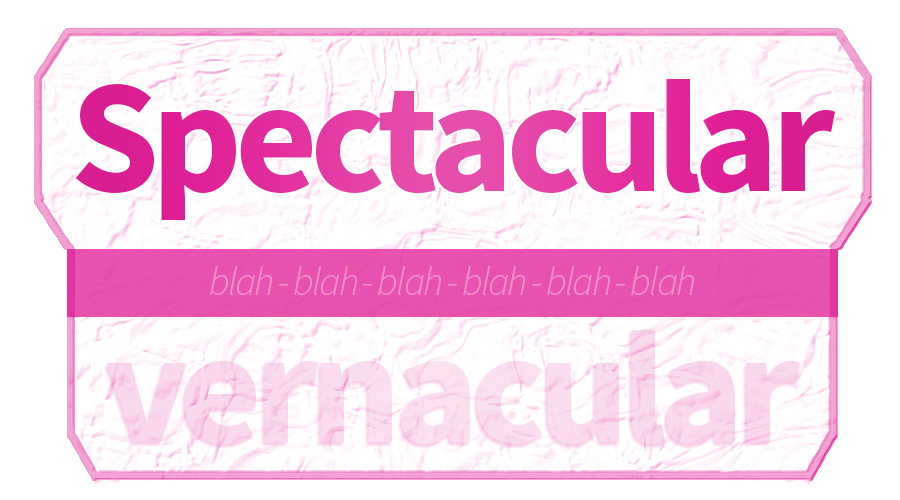KILAGAO 048 | Modals Verbs II – Can / Could 68AH
Usage and alternative verbs.
The modal can / could is used to:
A
- say that it is possible to do something.
Yes, I’m free tomorrow, so I can come to your house.
It’s warm and sunny. We can eat outside in the garden.
- make a request.
Can I / Can we / Can you…? informal
Could I / Could we / Could you…? more formal
Can you bring me your diary, please?
Could we have two coffees, please?
‘Could you please call for a taxi?’ ‘Certainly, sir.’
Can I have a sandwich, Mum?
C
- offer help.
‘Can I help you?’ ‘Yes, please. I’d like…’
‘Can I do something for you?’ ‘No, thanks, I’m all right.’
D
- ask permission and allow / not allow.
‘Can I invite some friends home, Mum?’ ‘Yes, of course you can. / Sorry, you can’t. Not today.’
E
- express ability, skill.
I can speak two languages – English and Spanish.
I couldn’t use this software, but I’ve learnt now.
F
- express disbelief, say that something is impossible based on the evidence.
I can’t believe that!
She couldn’t be 40. She looked much younger.
G
Verbs that can substitute can not only in the missing tenses (infinitive, participles, etc.) but also in the present simple and past simple are:
- be able to / be unable to
I’m sorry not to be able to come.
Will you be able to get there by nine?
- manage to
‘Have you managed to talk to Mr Ross?’ ‘No, I haven’t managed to talk to him yet. He’s always so busy.’
- be allowed to / be permitted to
You won’t be permitted to come back so late.
She wasn’t allowed to bring her dog.



 teacher Mariana
teacher Mariana














